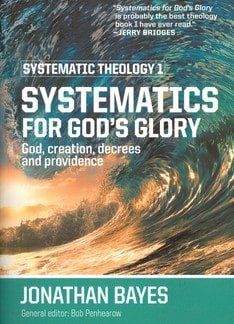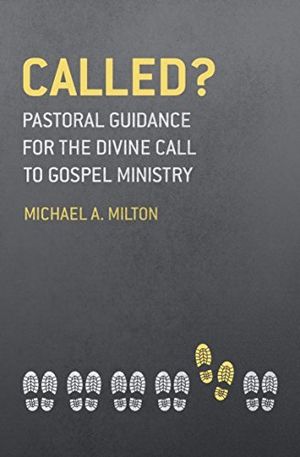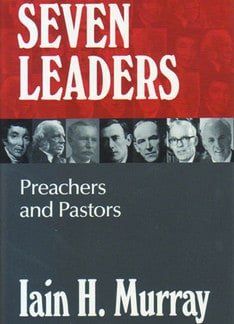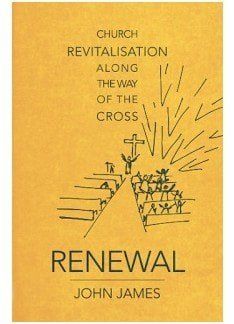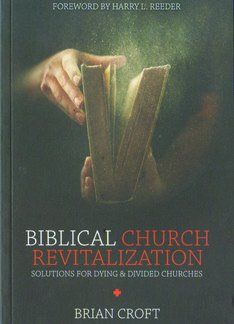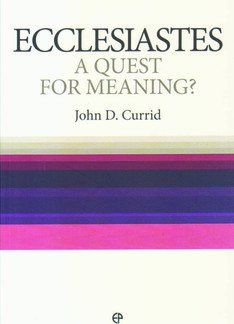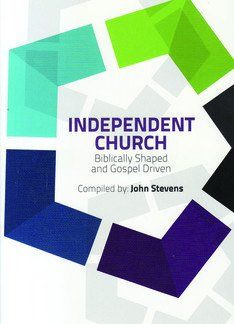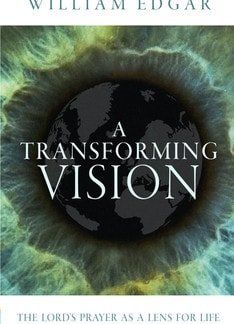Systematics for God’s glory: God, creation, decrees and providence
Jonathan Bayes
Carey Printing Press, 256 pages
£11.79, ISBN: 978-0-9876841-2-7
Christians need to be familiar with more than just the Bible’s stories and basic plot-lines. It is also vital to understand the teachings of Holy Scripture in a logical and systematic way. That is the purpose of systematic theology.
Preachers, in particular, need a solid grasp of the way in which biblical revelation hangs together as a coherent whole. Having that will better enable them to preach ‘the whole counsel of God’. Some works of systematic theology are forbiddingly large, dry and technical, but Jonathan Bayes has succeeded in producing a systematic theology for the lay people of God.
This is the first contribution to a projected three-volume set of systematics. As the subtitle says, the author covers the subjects of God, creation, decrees and providence.
His method throughout is, firstly, to grapple with the biblical teaching on the topic in hand. Secondly, the author draws on the insights of the creeds and confessions of the church. Thirdly, key historical developments of the doctrine are charted. Finally, Bayes concludes with some words of personal reflection and application. This approach can seem a little formulaic by the end of the book, but it has its uses.
Systematic theology can sometimes seem like a sequence of doctrinal statements backed up by a long string of proof texts. Bayes avoids this pitfall by giving careful attention to relevant Bible texts and tracing the development of biblical themes in the course of the unfolding story of Scripture.
Biblical theology is placed at the service of systematic theology, which is as it should be. The author’s handling of biblical material is fresh and insightful. He is familiar with the original Scripture languages and draws on a range of commentators. These help unfold the meaning of the texts drawn to our attention. All this is done with a light touch that does not envelop the reader in thickets of abstruse, scholarly exegesis.
The creedal and historical aspects of the work are a useful reminder that we are not the first generation of believers to approach the Bible and inquire as to its meaning. We have much to learn from the thoughts of those preceding us.
Historical creeds and confessions serve as helpful summaries of biblical doctrine, often written against a background of intense controversy. Knowledge of these documents helps us detect and reject old errors appearing in new clothing. Present-day concerns are also addressed, including such issues as biblical inerrancy and open theism.
The author’s stance is unashamedly Reformed, but there is no sense that he is attempting to foist a prefabricated system onto the Bible. Rather, he shows that Reformed theology accords with the Word of God and is consistent with the best insights of church history.
Biblical doctrine is meant to stir the soul to faith, action and worship. Bayes’ handling of the themes covered in this book is practical in its orientation and doxological in its goal. Reading it reflectively and prayerfully will help enable the people of God to play their roles in the great drama of God’s redeeming grace.
Guy Davies
Westbury

